Permanent Commission for the South Pacific and Island Conservation Sign MOU to Protect Marine and Coastal Areas in the Southeast Pacific (CPPS)
This historic agreement aims to protect the marine and coastal areas of the Southeast Pacific.
Our 2024 Impact Report is live!
Published on
August 3, 2021
Written by
Emily Heber
Photo credit
Emily Heber

Tetiaroa Atoll boasts one of the Pacific’s healthiest and comparatively in-tact coral reef and terrestrial tropical ecosystems. A rich diversity of seabirds nest in native Pisonia trees, while sea turtles, reef sharks, and fish thrive in the surrounding waters. Still, invasive species and climate change threaten the native wildlife, putting these once pristine ecosystems at risk along with atolls across the region.
As part of the Tetiaroa Atoll Restoration Program, Tetiaroa Society and Island Conservation are carrying out a major conservation intervention on Tetiaroa, French Polynesia. The program aims to ensure seabird populations are secure and establish Tetiaroa as a sanctuary for seabirds, Green Sea Turtles, coconut crabs, other native invertebrates, and endangered, regionally endemic bird species.
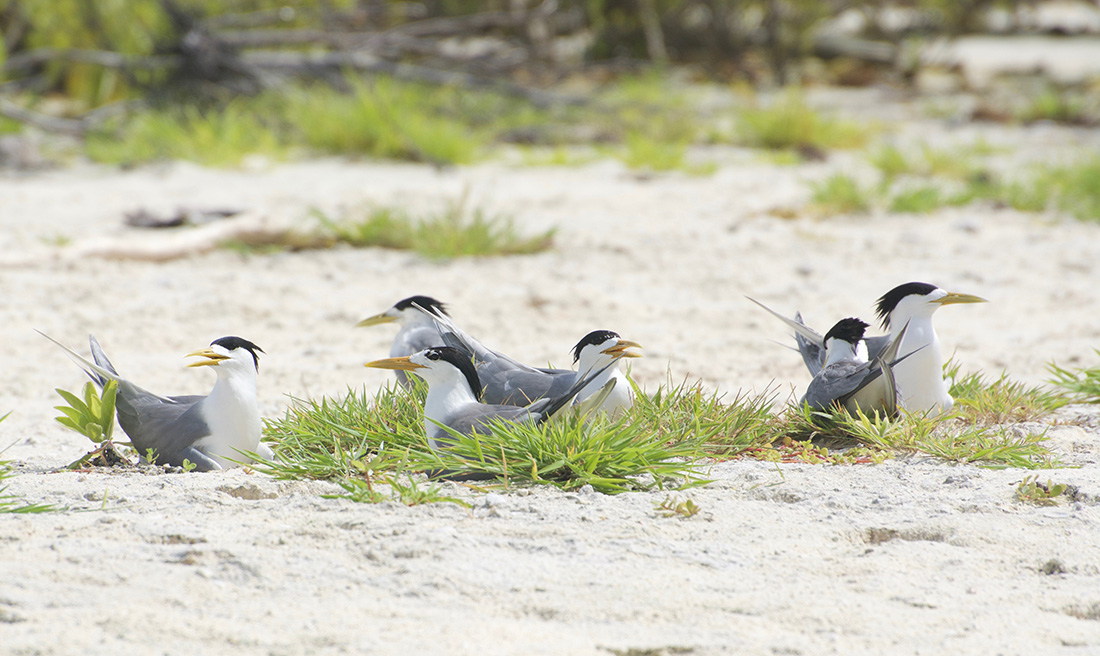
Islands represent a disproportionate amount of plant and animal diversity for their size and are the epicenter of the extinction crisis, with invasive species as the primary threat. Globally, invasive rodents are among the most damaging invasive species, particularly on islands where they are associated with 86% of recorded extinctions. Sadly, over 80% of our world’s islands have invasive rodents.
Like many islands and atolls, invasive rats are a threat on Tetiaroa decimating native seabird populations, feeding on Green Sea Turtle hatchlings, crabs, and the seeds and saplings of native vegetation. Following the successful removal of invasive rats from Tetiaroa’s Reiono Island in 2018, Tetiaroa Society, Island Conservation, and partners are now working together to remove invasive rats from the entire atoll to secure habitat for native wildlife.
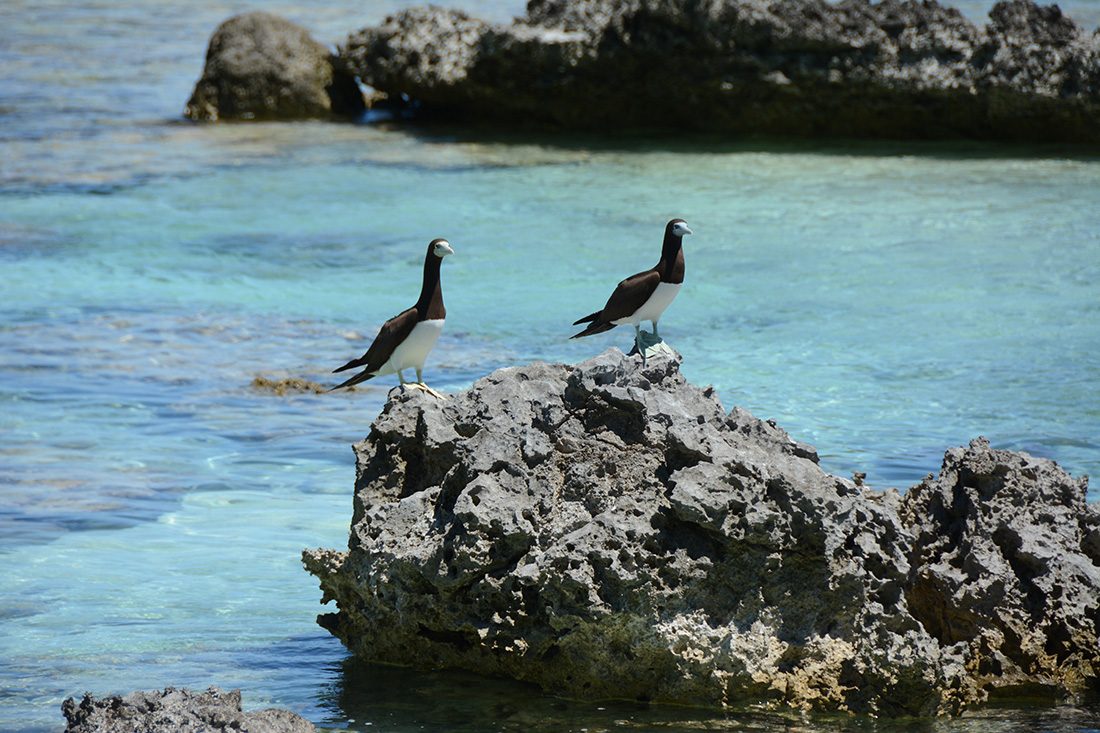
This conservation intervention will protect Tetiaroa’s terrestrial and marine ecosystems—saving endangered native birds and turtles and enhancing the resilience of surrounding coral reefs, making them more resistant to climate change. Restoration is also expected to benefit reef fish populations, ensuring food security for local peoples intimately connected to healthy coral reefs economically and culturally. Tetiaroa will once again become a sanctuary for birds and other native fauna and flora, and present an opportunity for translocation of rare bird species, which are threatened within their current ranges, from elsewhere in French Polynesia to Tetiaroa.
Beyond the benefits to Tetiaroa Atoll, the habitat restoration program presents a unique chance to record a wide array of ecosystem changes in real-time and develop a model for the sustainable management of tropical islands and their coral reefs in these uncertain times. The lessons learned on these small motu could go on to inform the restoration of more than 700 tropical atoll ecosystems, where invasive species and climate change pose a significant threat to our world’s global biodiversity. It might seem small, but Tetiaroa is just the beginning.
If you would like to support this project and the emerging research, visit www.BirdsToReef.org today.
Check out other journal entries we think you might be interested in.

This historic agreement aims to protect the marine and coastal areas of the Southeast Pacific.

Island Conservation and partners have published a new paper quantifying ecosystem resilience on restored islands!

Climate Week NYC: what is it and why is it important? Read on to find out why Island Conservation is attending this amazing event!

With sea levels on the rise, how are the coastlines of islands transforming? Read on to find out how dynamic islands really are!

Join us in celebrating the most amazing sights from around the world by checking out these fantastic conservation photos!

Rare will support the effort to restore island-ocean ecosystems by engaging the Coastal 500 network of local leaders in safeguarding biodiversity (Arlington, VA, USA) Today, international conservation organization Rare announced it has joined the Island-Ocean Connection Challenge (IOCC), a global effort to…
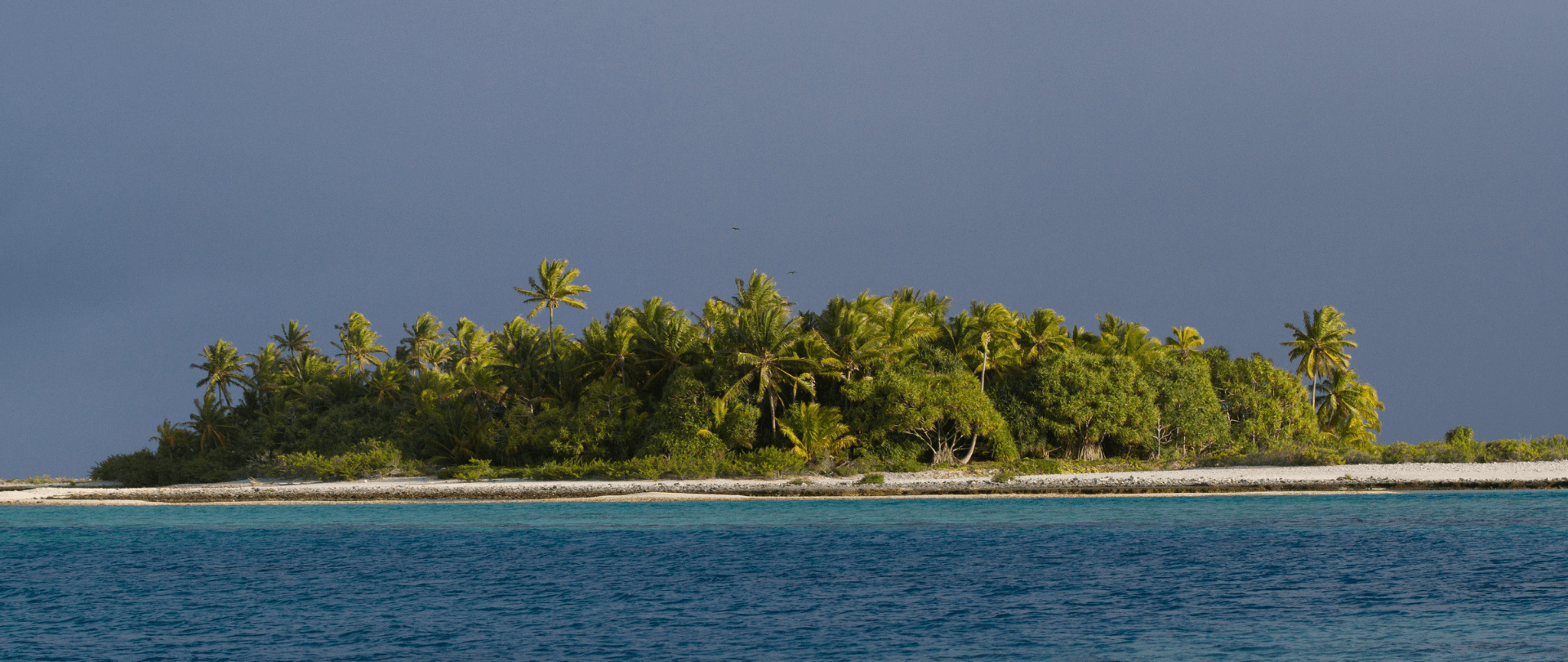
Island Conservation accepts cryptocurrency donations. Make an impact using your digital wallet today!
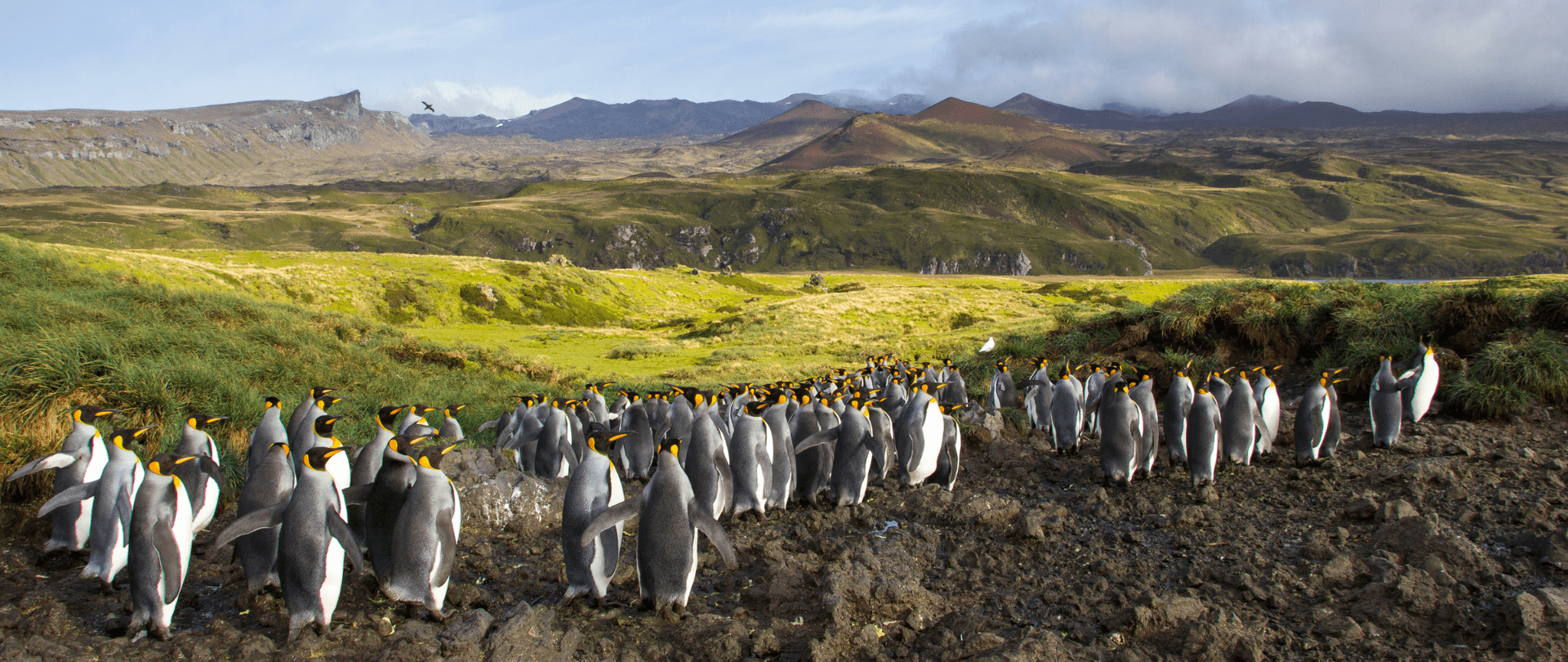
For Immediate Release Conservation powerhouse BirdLife South Africa has joined the Island-Ocean Connection Challenge (IOCC) – a global initiative aiming to restore, rewild and protect islands, oceans and communities – to support its work to save internationally significant albatross populations…
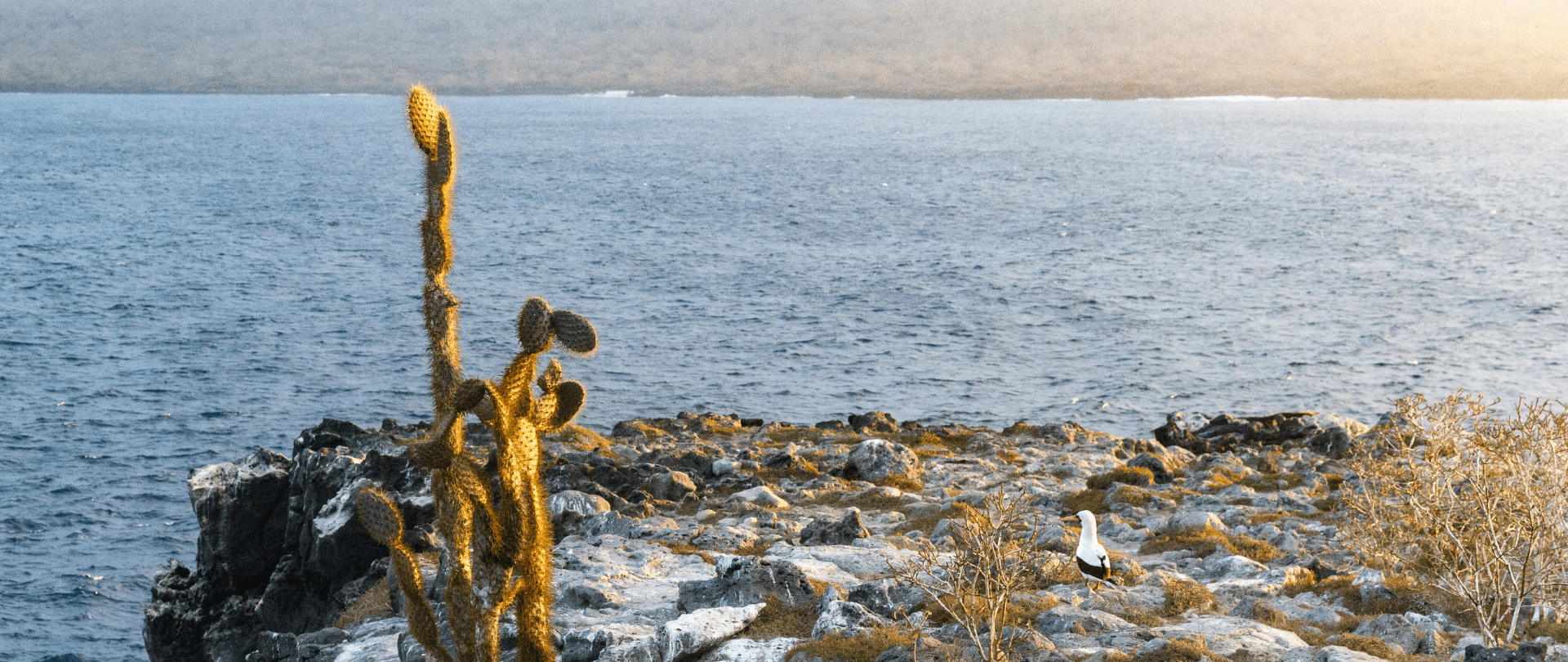
Carolina Torres describes how the project to restore and rewild Floreana Island signals hope for a future where people and nature can thrive together in the Galápagos.
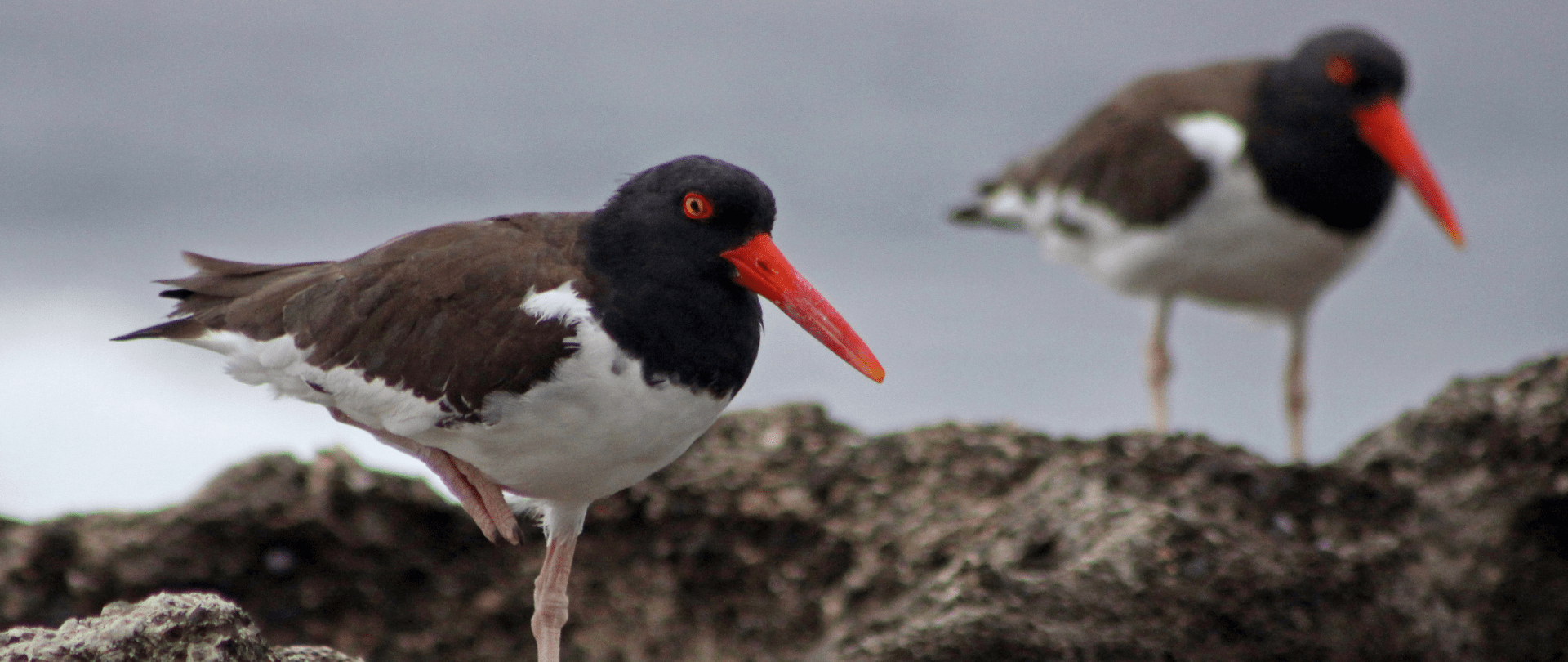
A new plan to restore seabird habitats in areas affected by the Deepwater Horizon disaster includes invasive species removal.